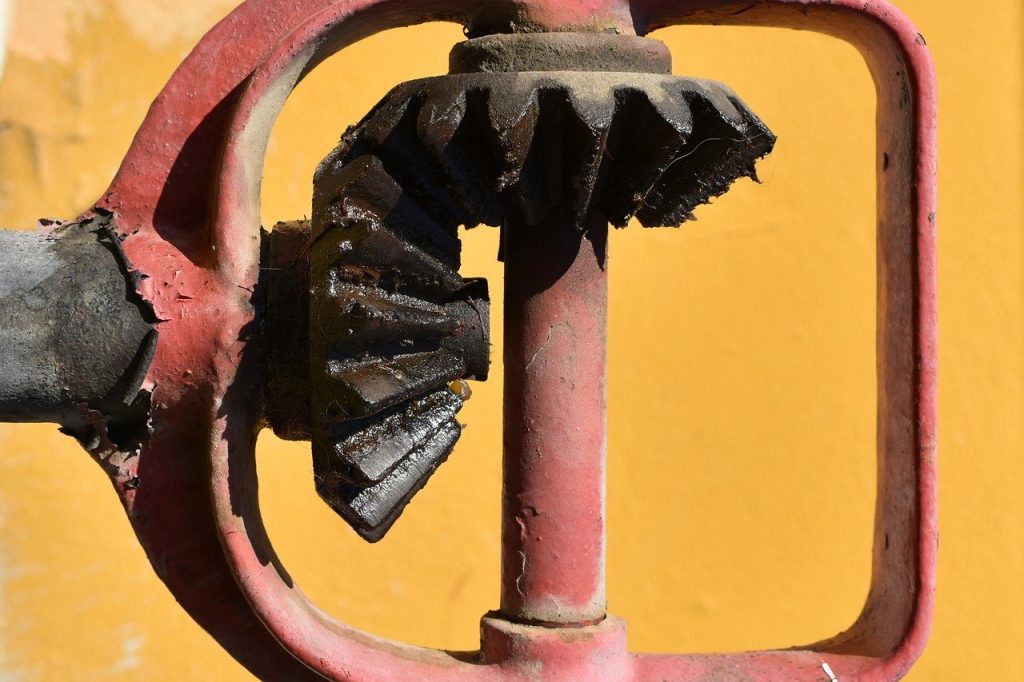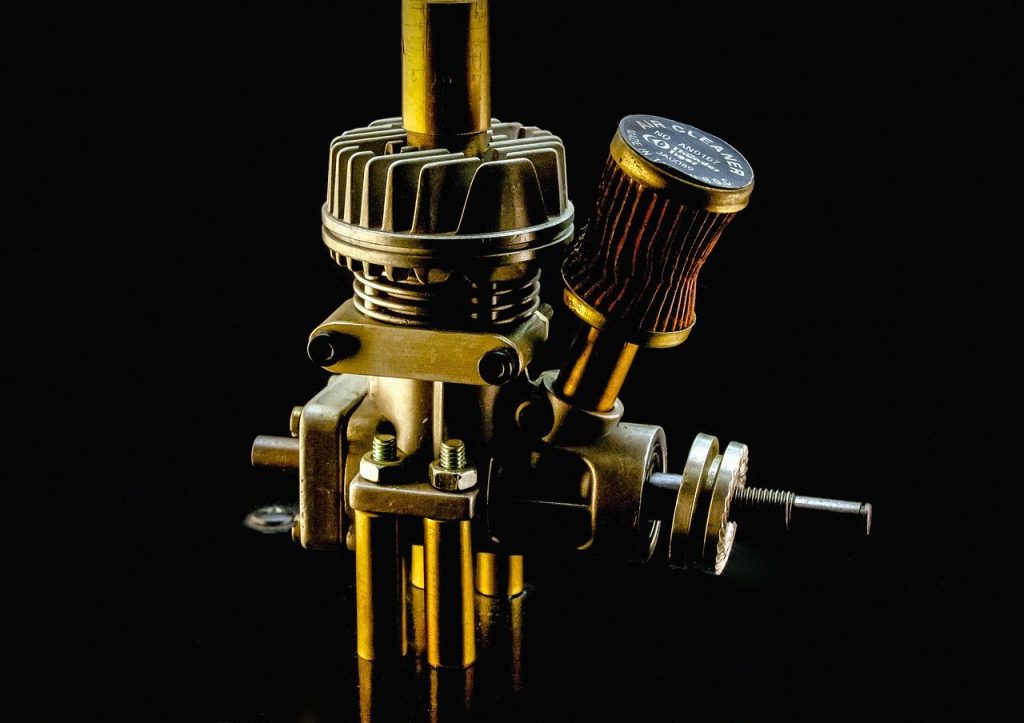Lubricants for Air compressors

An air compressor is a device that literally compresses the air for further usage. It is usually used for generating pressure air to be used for various applications like turbo-charging engines or supplying pressured air for commercial paint pumps used in the industry. The general working principle of an air compressor is very simple when compared to other, very complex mechanical devices. An air compressor is usually a piston that is connected to an electric motor, which moves the piston up and down. The piston is moving inside a chamber. Every time the piston goes down, it creates a negative pressure or a lower pressure point than the atmospheric pressure and sucks air inside the chamber.
After the piston reaches its lowest point, it starts to go up again, and the pressure inside the chamber builds up to be released from a nozzle after it reaches a specific point. There are also rotary compressors that use rotor instead of pistons to pressurize the air.
Now that we are talking about air compressors parts, we should talk about lubricants. Lubricants for an air compressor system is similar to blood for a human. There are two main purposes of using a lubricant in an air compressor. The first one is to reduce friction. As we know, the air is fluid, and fluids tend to generate friction with the environment, making the final product much more inefficient. The lubricant isolates the fluid going through the system, in this case, air, from the pipe or whatever it flows through and makes it more slippery.
The second one is to remove heat from the system. The friction generates friction as it moves, and if it is not regulated and removed from the system constantly, it can build up very fast to degrees that potentially cause malfunctions. The lubricants act as an indicator of heat and speed up the process.
Lubrication cooling is important for the air compressor as the piston compresses the air. Pistons sealing must be cooled as well. Also, air compressors that utilize rotor need lubrication to cool the area between the cylinder and the rotor.
There are some properties to a lubricant when it’s being used for air compressor servicing. One of them is viscosity. Viscosity is simply the measurement of the thickness of the lubricant, to see how much could it resist to shearing stress.
One can think using lubricant in a high-pressure pipe could leak out with the high-speed air coming out of the nozzles. Viscosity comes to play here. A higher viscosity would result in a much more stable lubricant inside the pipeline.
We try to keep our blood stable with a constant intake of iron. The same principle goes for the lubricants. The chemical stability of the lubricant is very important in an air compressor system. The lubricant chemical structure may react with the air or whatever gas you may use. To prevent this issue, we must use the recommended lubricants by the manufacturer. Also, the lubricant may change with different kinds of gaseous fluids. So keeping your lubricants up to date is important.
And lastly, we should talk about the types of different lubricants. There are mainly two kinds of lubricants for air compressors; mineral or synthetic lubricants. The main difference is the name suggests one of them is a heavily refined version of oil from the ground, and the other one is a completely man-made lubricant using various methods.
These are the reasons why you should always lubricate your air compressors and don’t forget to ask your supplier for the right lubricant.







